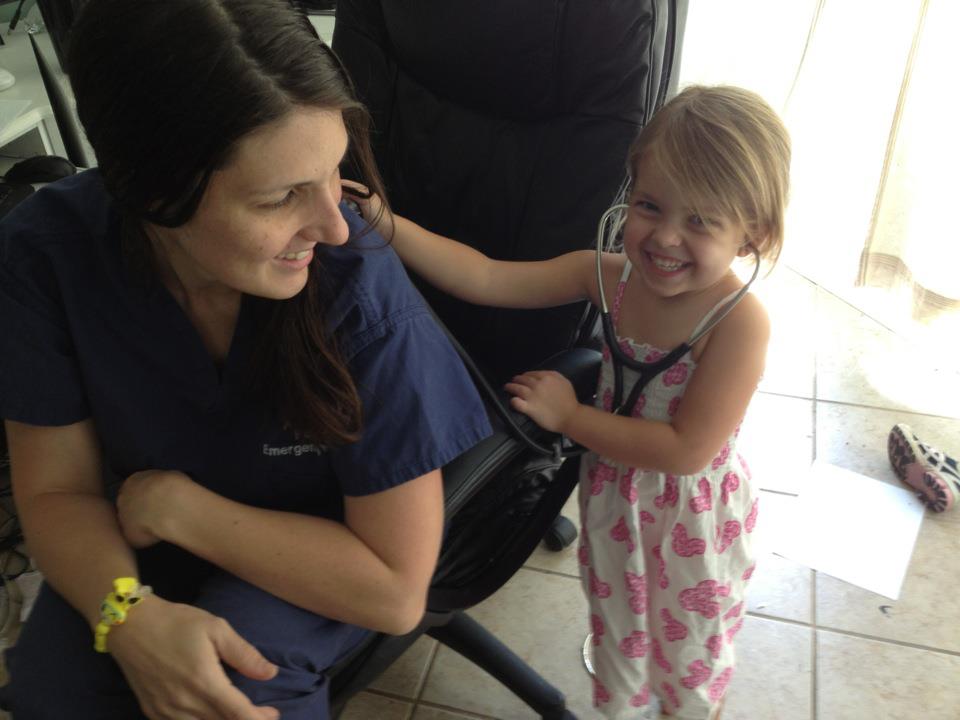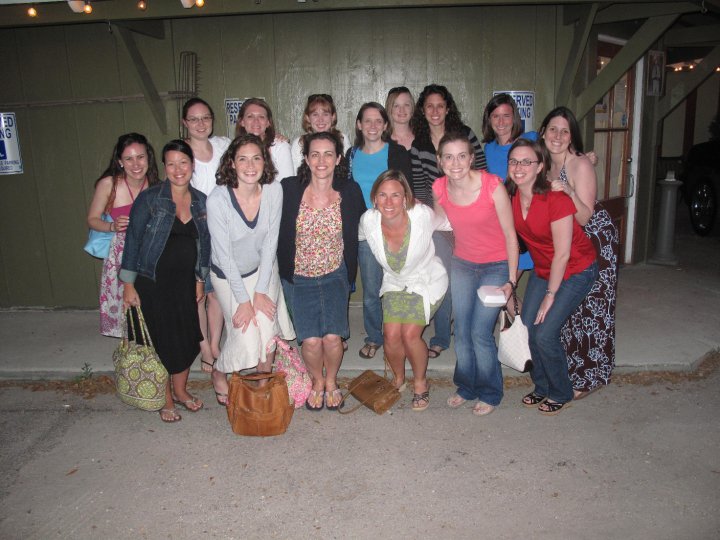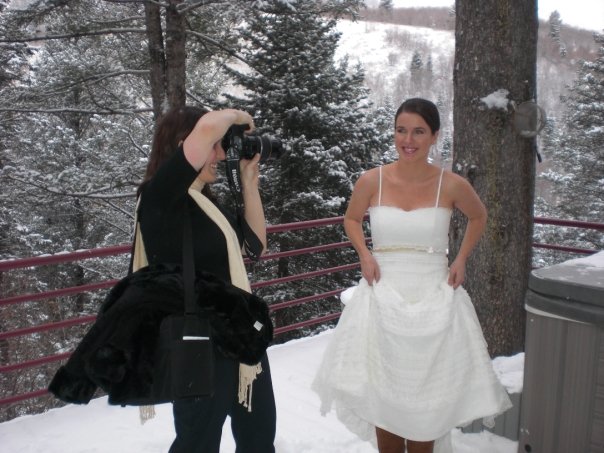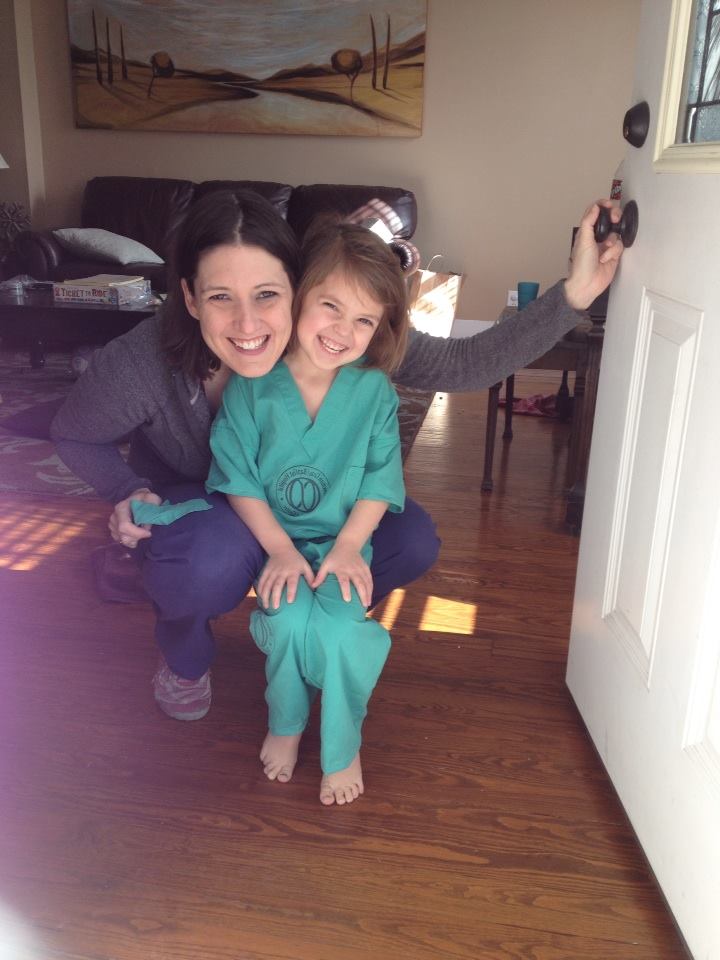
quiet whispers: part two
Birmingham was the perfect move for us. Pediatrics was a perfect fit for me.
My residency class had strong, opinionated, compassionate, selfless women and men in it who soon became some of my best friends. We worked to the last second of our 80-hour-work week, spent countless hours with patients, threw a lot of baby showers, and walked through tragedy, heart-break, and victories together. Along the way, I found mentors and teachers that poured their lives and their wisdom into me. I loved general pediatrics and every subspecialty. I couldn’t find my bearings on what was next, but walked forward as my confidence grew and my knowledge expanded.
David’s photography business took off, and we were so grateful for the camaraderie in the wedding community in Birmingham. I started shooting weddings with him, and we started traveling the country. I loved using both parts of my brain. I walked through sorrow and celebration in the hospital with my families and used the nerdy science part of my brain. Then, on the weekend, I would don a black dress and spend the day chasing golden light, calming jitters, and capturing moments that typified the joy and reverence of a wedding day.
Year three of residency, I had accepted a fourth year as a chief resident but was no closer to figuring out the rest of my life when I woke up that morning. A seizing child came into the ER where I had just started my shift. The cadre of nurses, respiratory therapists, residents and attending doctors converged on the patient who wasn’t breathing and started to work together like a well oiled machine. I was hanging back, watching, and Dr. Embling looked straight at me – “Ari, come up here and intubate.” The room went silent and looked at me. Dr. Embling always meant what she said, and she continued laying out the next set of orders as I walked to the front.
Tube.
Blade.
Suction.
Medicine.
“You ready?” she asked, matter of factly.
“You’ve got this,” the respiratory therapist whispered in my ear.
Everything went smoothly. The vocal cords came into view, and the tube went into the trachea. We started to breathe for the patient, and the numbers on the monitor all improved.
“This,” came the quiet whisper, “This is what you are supposed to do.”
Pediatric Emergency Medicine was a far cry from OB or family medicine, or the general medicine areas I had talked to in interviews long ago, but I knew it was the next step. When I came home to talk to David, he said it again, “Of course. You are happy when you are in the ER.” I couldn’t quite reconcile how it would work with us going overseas – but I thought of setting bones and resuscitation and sedation and figured they would not be bad skills to add, so I started applying.
I worried about the pressure.
As a resident, you always have someone wiser and smarter looking over your shoulder, tweaking your plan, giving advice, and ultimately taking responsibility. I took my job as a resident seriously, but I also took comfort in this safety net. I loved checking out, learning, adjusting, and working as part of a team. This is the beauty of residency – a step-wise refining and setting free.
My fellowship would be a different matter. The pediatric emergency medicine fellowship at Children’s in Birmingham gives more autonomy to fellows than most, trusting them to seek out what they don’t know but not micro-managing the charts on the things that should have been learned in residency. I had a taste of that autonomy as a chief resident the next year, but even then, inpatient medicine is more controlled than the chaos of the Emergency Department.
In the emergency department, you are given the first crack at the problem. Behind each door is a worried parent and a child. Those are the only guarantees. The parent was worried enough to come to the Emergency Department, wait hours and hours, and expects the doctor can figure out what is wrong. I hadn’t know these patients since they were infants. I didn’t know the complex social history behind each family’s intricate dynamic. I didn’t know if they were really sick or if their parent was really worried or both.
But they felt something was wrong with their child. And they trusted me to know what to do.
The really sick ones were not the hard ones. They needed fluids and medicines and specialists and the hospital. I loved the satisfaction of a well run resuscitation and the confidence of knowing their first hours in the hospital had been smoothly maneuvered by our amazing ER team.
The not-so-sick ones were easy as well – an ear infection solved the mystery of the screaming toddler. Our magic numbing cream made stitches a breeze. Bones were set and patients went home with pink or blue casts. Straightforward. Parents were reassured, and the kids went home better than when they came to me.
But the ones in the middle of the road – these patients required the art of medicine where the right answer was more gray than black and white. Our lectures were filled with caution about misses and near misses. The fever that was actually meningitis. The vomiting child who looked fine, then had a fatal arrhythmia and died. The recurrent sore throat that ended in stroke and clots in the carotid artery. The headache that was a brain tumor. The fall off the monkey bars that ended up with a perforated intestine and death. The child with noisy breathing that went home and his airway swelled, stopping his breath.
I was well trained. I was prepared. But, the human body is a complicated and messy thing. Every day we put our hearts and careers on the line and attempted to do the impossible – to see the future, as clearly as it could be seen, and prove ourselves worthy of our patients and their parents’ trust.
I had my own near misses.
A child who had been having neck pain for 3 weeks – the CT of the neck was normal, but something wasn’t right. The resident noted a slight lag in the moment of the right eye and the head CT showed a massive tumor. I didn’t send them home – but what if I hadn’t ordered the scan?
Another infant was crying every time I picked her up – the labs were normal but the chest x-ray bothered me. Our abuse specialist walked in for her shift and I asked her to look at it. “There,” she said, I am pretty sure that’s a fracture.” Only 3 weeks later on the repeat films would we see a fracture of the elbow and other ribs as well as healing revealed the severity of the injury – most certainly abuse.
The next was a 3 year old with vomiting. . .she had seen her pediatrician 3 times. My labs and my ultrasound were normal. But when she vomited again I decided to get a CT. Neuroblastoma. Metastasized cancer. . .
On and on the cases came, every day 15 or 20 or 30 children. I was grateful for the strange things I had caught, but I worried about the things I may have missed.
I moved from confidence to hesitation and uncertainty. I began to dread each shift.
Who in the world was I, that I thought I could care for someone else’s child?
I wanted to be the strong, confident attending – to not need tests, to trust my gut, to say “sick or not sick” and move quickly in a busy place. But my strengths were more in the subtlety, in reading the room, in compassion. Sometimes, I wondered if I was in the right place.
It was subtle, then more pronounced. I went from joking and interested in the people around me to typing on my charts with my head down, completely lost in my thoughts. I went from able to reassure myself to second guessing each patient.
My chart reviews were fine. I didn’t have any patient complaints. My mentors that knew what was going on reassured me this was normal. The attendings and nurses who didn’t know I was struggling wrote confused evaluations, wondering what had changed from residency to fellowship. I would walk into my shift right on time, not wanting to risk that coming early would make me responsible for just one more patient. I called patients to follow up at home when I couldn’t stop thinking about them.
I had completely lost my confidence. The joy and purpose that had been so present in every step of my journey until then was gone. Some days, I could pretend better than others. Every day, I tried the best I could to take meticulous care of the children in my care. And each day, I crumbled a little bit more.
David describes the year as awful. I wasn’t sleeping. I could barely pull myself out of my rehashing of cases to spend good time with the girls. I looked to David to fix it for me, but there was nothing he could do. Mostly, I cried. I would like to say I sought God, but I didn’t – I felt like something was wrong with me, something I needed to fix.
I just had no idea where to start.
(to be continued)
5 thoughts on “quiet whispers: part two”
Comments are closed.



[…] quiet whispers: part two […]
[…] quiet whispers: part two […]
[…] quiet whispers: part two […]
[…] quiet whispers: part two […]
[…] quiet whispers: part two […]